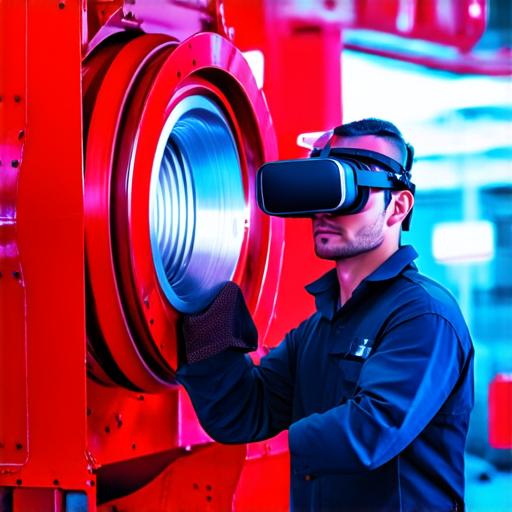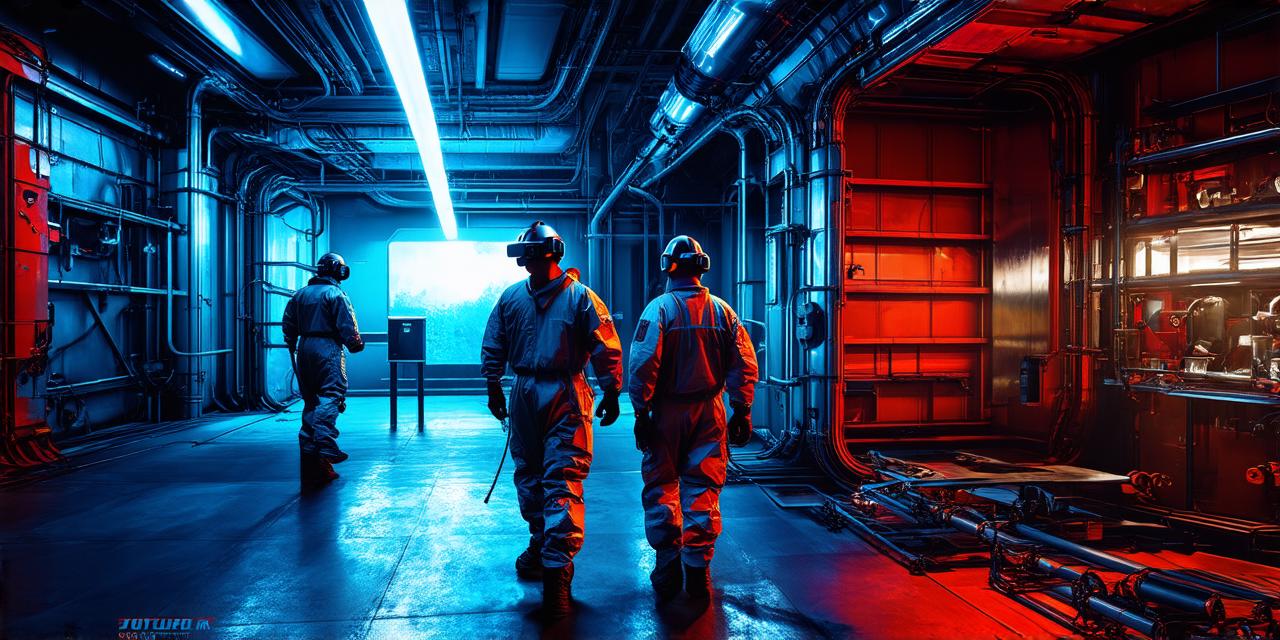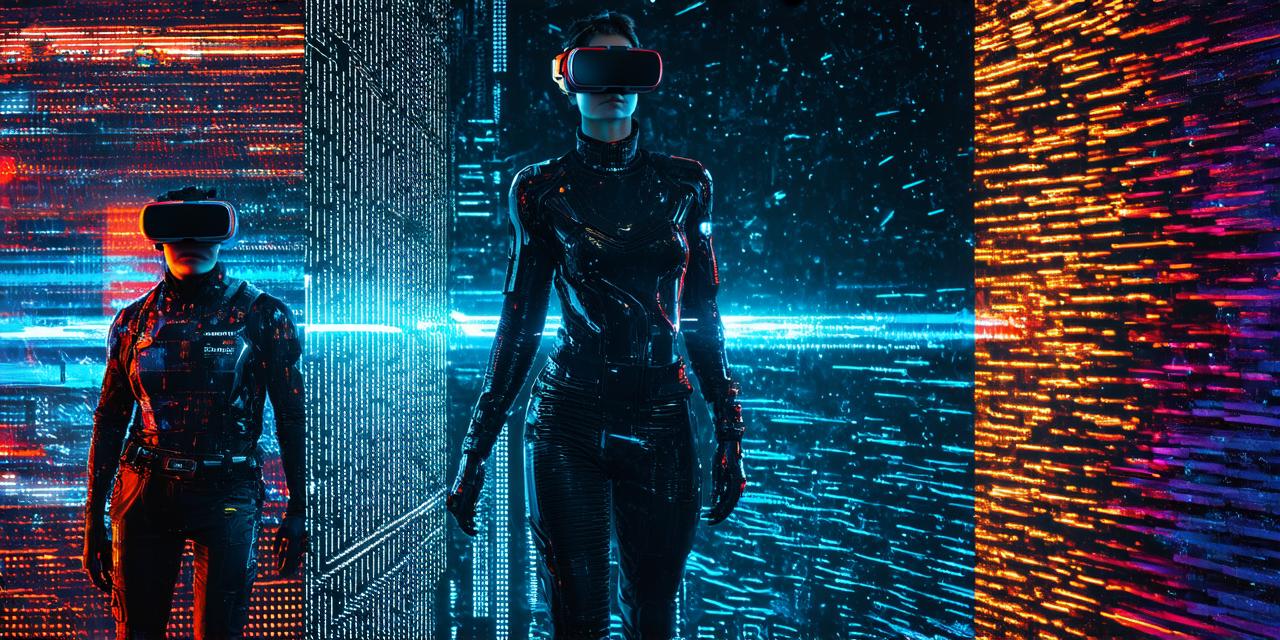Virtual reality (VR) technology has gained widespread attention and adoption for its potential applications in gaming, entertainment, and education industries. However, VR is also being utilized by various other industries, including healthcare, marketing, and real estate. In this article, we will explore the ways in which these industries are leveraging virtual reality to enhance their operations, improve customer experiences, and gain a competitive edge.
1. Healthcare Industry
Virtual reality technology has been used in the healthcare industry for various purposes, such as training medical professionals, simulating surgeries, and treating patients with mental health conditions. By creating realistic simulations of surgical procedures, doctors can practice their skills without risking patient safety. Additionally, VR can be used to treat phobias, anxiety disorders, and post-traumatic stress disorder (PTSD) by exposing patients to controlled environments where they can confront and overcome their fears.

2. Marketing Industry
Virtual reality technology has revolutionized the marketing industry by providing brands with new ways to engage with customers and showcase their products and services. VR enables marketers to create immersive experiences that transport consumers to a different world, where they can interact with branded content in a more meaningful and memorable way. For example, car manufacturers can use VR to let potential buyers test drive their vehicles without leaving the showroom, while fashion brands can create virtual showrooms that allow customers to see and try on clothes virtually.
3. Real Estate Industry
The real estate industry has also embraced virtual reality technology to enhance the homebuying and selling process. By creating virtual tours of properties, buyers and sellers can explore homes in a more realistic and interactive way, without having to physically visit them. This not only saves time and money but also allows buyers to make informed decisions based on their preferences and needs. Additionally, VR can be used for interior design and remodeling projects, allowing clients to visualize and make changes to their spaces virtually before making any physical changes.
4. Other Industries
Virtual reality technology is being utilized in various other industries, such as tourism, manufacturing, and construction. In the tourism industry, VR can be used to create virtual tours of historical sites, museums, and landmarks, allowing visitors to experience these attractions in a more immersive way. In the manufacturing industry, VR can be used for training employees on how to operate machinery or assemble products, reducing errors and increasing efficiency. In the construction industry, VR can be used to create virtual models of buildings and infrastructure projects, enabling architects and engineers to visualize and test designs before making any physical changes.
In conclusion, virtual reality technology is being utilized by various industries, including healthcare, marketing, real estate, and others. By leveraging the power of VR, these industries are enhancing their operations, improving customer experiences, and gaining a competitive edge. As VR technology continues to evolve, we can expect to see even more innovative applications across different sectors.



